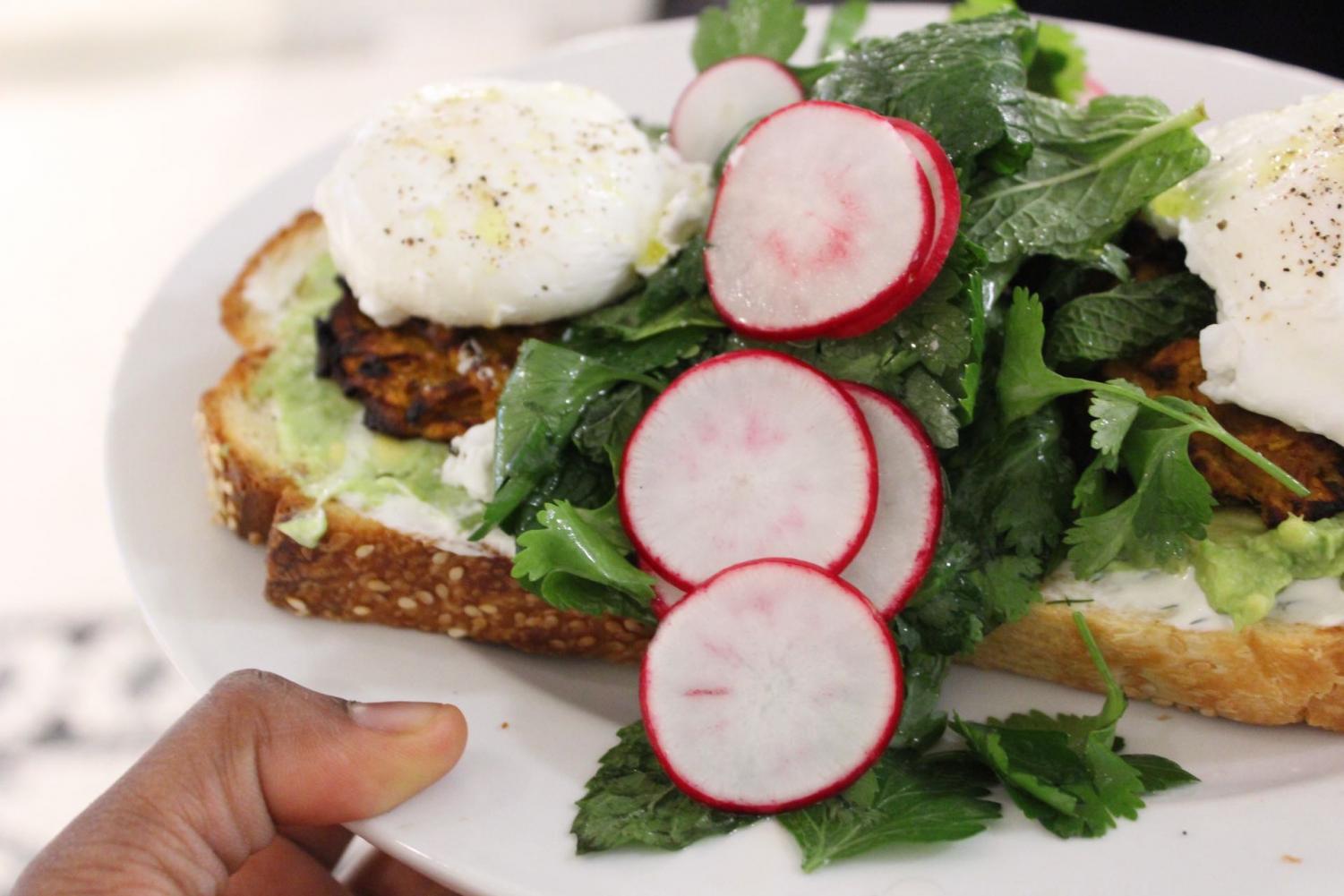The first principle of intuitive eating is to reject the diet mentality, which is what I will attempt to walk you through. First, what even is a diet mentality or diet culture? Maybe you have heard these words floating around, but the best definition I have seen is from registered dietitian Christy Harrison. She talks about how diet culture is a systematic problem rooted in societal beliefs, which vilify those in larger bodies and glorify those in smaller bodies.
The diet mentality is an outlook adopted in individuals, which is for many, a result of ingrained beliefs about the value of thinness and our accepted ideas of beauty. A diet, in this context, is any form of restriction or elimination of foods that is adopted for reasons other than medical necessity or clinically tested allergic reactions. By this definition, diets fall into the category of “lifestyle changes” as they are intentional efforts to eliminate or restrict certain food categories in the name of health and wellbeing.
Diets are not effective methods of achieving long term weight loss. The way the body works is that it is blind to many external changes; it doesn’t know that when you are dieting, you are intentionally restricting calorie intake. So, when you diet, the body assumes that there is a shortage of food source, or a famine, and begins to react accordingly. During diets such as paleo, ketogenic, intermittent fasting, etc., the body is placed in a stressful mode where it does not know if it will get its needs met in the form of consistent nutrients that it needs, and thus initiates what is called the restriction-binge cycle.
The restriction-binge cycle is the body’s natural response to a state of decreased caloric intake, and occurs when we stop listening to and honoring our hunger fullness cues. Have you ever found yourself “failing” at a diet, and ending up eating more than intended? Have you ever tried to be “good” and ended up eating larger amounts of food than you felt comfortable just to get in the foods you wanted before you started a new diet? This is your body’s form of protection. When restricted, the body stores up fat more readily because it wants to put away this energy source for the impending famine it thinks is about to occur. This “protective mechanism” leads a lot of diets to fail. In fact, the vast majority of those who lose weight gain it back, if not more than the weight lost within five years. Thus, we turn towards a weight-neutral approach, namely intuitive eating. Intuitive eating studies have shown it to be the most sustainable for health as opposed to weight loss.
Not only do diets not work, but they are unhealthy. The Academy of Nutrition and Dietetics recommends a diet that is not in alignment with wellness diets nor traditional ones such as low fat diets, water diets, slim bars and diet pills. It recommends incorporating whole grains (so not paleo), consistent meals and snacks (not intermittent fasting) and a diet that is limited in saturated fats (not ketogenic). Thus, the first step to becoming an intuitive eater, which has been shown to be the most sustainable and effective way to approach eating for overall health and wellbeing, is to reject the ever changing diet mentality. There may be sneaky rebranding such as “lifestyle changes” or promised benefits of health, but diets and idealizing certain types of bodies has been around for ages. If these ‘lifestyle changes’ were effective methods of changing our bodies, then we wouldn’t have such expensive juice cleanses, detoxes, and numbered day plans because they would have worked. Rejecting the diet mentality takes time and work, but research shows that it is most effective for our health in the long term.
You can start with these two simple steps:
- Examine your own relationship with diet culture. Do you find yourself immersed in it? Are you on a diet that you think might just be the one that works? Are you trying to change your body by dieting, and could this be negatively affecting your health in the long run?
- Don’t go on this journey alone. You can email me ([email protected]) or our campus dietitian ([email protected]) to learn more about intuitive eating and its health benefits.



